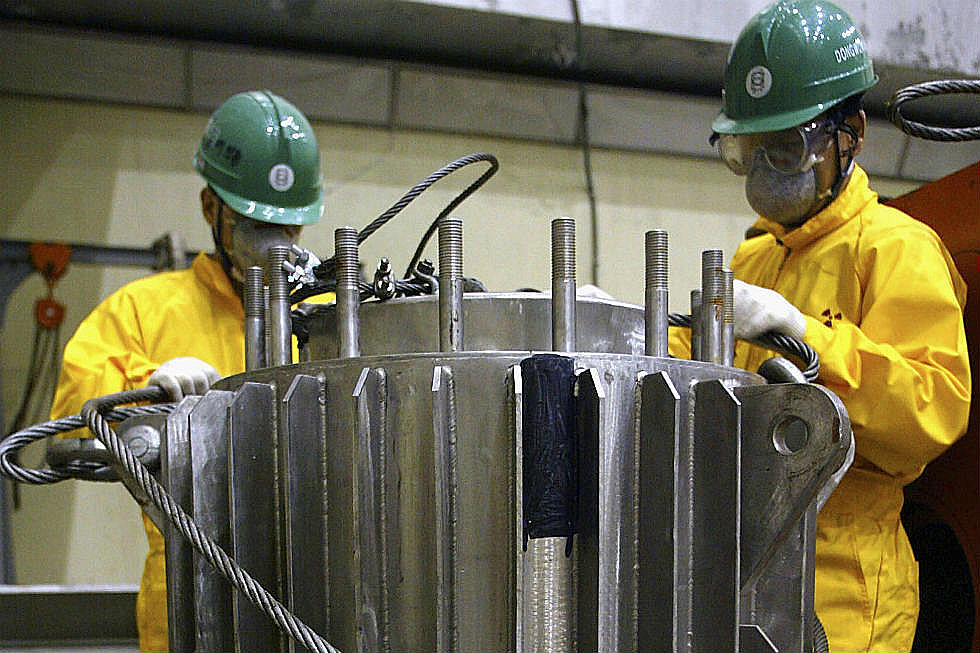
Economist: Wyoming Income Tax Is A ‘Nuclear Option’
A Cheyenne-based economist says he thinks a state income tax is very likely in Wyoming within five years unless some tough decisions are made now.
Sven Larson is a private economist and consultant who says people need to understand the state's energy industries will probably never completely recover from a slump that has caused major declines in state revenues in recent years.
He says the coal industry in particular has "been on it's way out for a long time" and will never again be a major backbone of the state economy.
Larson also says he thinks oil prices are unlikely to climb much above $55 a barrel and may even decline a little bit from their current levels. He says that is because the incoming administration of President-elect Trump will probably adopt policies to increase oil production, causing a long-term decline or at least leveling off of oil prices.
Larson says the overall impact will be that Wyoming cannot rely on the minerals/energy industries for state revenues as much as has been the case. He says because of the grim revenue picture, he thinks the state may implement a state personal and corporate income tax within five years as a "nuclear option" made necessary by declining revenues.
Larson says as things stand the state is looking at a potential $900 million budget shortfall by 2022, and a state income tax is the only way to raise that amount of money through taxes.
Larson says he has heard "mutterings" from "people around the legislature" about the eventual need for an income tax. He says he thinks an income tax is highly likely unless serious cuts are made in the size of state government and regulations in the state are overhauled to make Wyoming more business-friendly.
He says those moves would diversify the state economy and bring in needed revenues for governmental operations. But he says state lawmakers have so far not shown the willingness to make the kind of changes that are needed.
Larson says Wyoming has the highest ratio of government employees to private-sector workers in the nation.
More From Y95 Country









